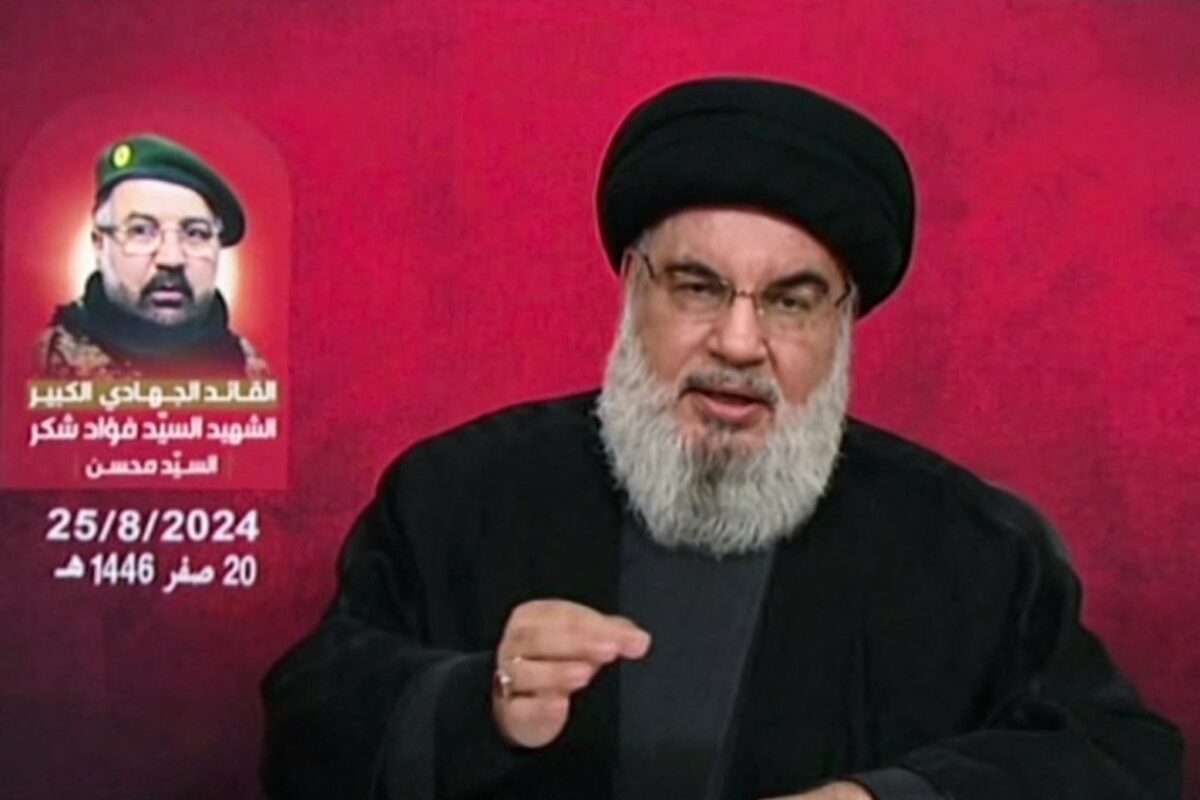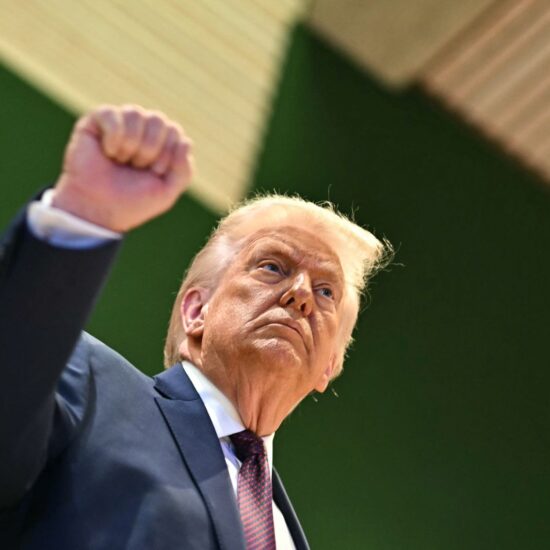
Hassan Nasrallah’s recent speech marks a significant rhetorical shift for Hezbollah. After eleven months of intense conflict resulting in widespread destruction across Lebanon, Nasrallah’s messaging has taken on a noticeably cautious tone. For a leader long seen as the vanguard of resistance against Israel, this reluctance to escalate into full-scale war demands closer scrutiny
Traditionally, Hezbollah’s narrative has centered on defiant resistance, often emphasizing a readiness to confront Israel at any cost. However, in his recent speech, Nasrallah deviated from this approach. He downplayed the success of Israel’s recent strikes, framing them not as responses to actionable intelligence but as reactions to the movement of Hezbollah operatives. More importantly, he assured the Lebanese public that a large-scale war is not on the horizon, urging citizens to return to their homes – a stark contrast to Hezbollah’s earlier rhetoric of militant bravado.
Nasrallah’s detailed explanation of Hezbollah’s retaliatory strikes – targeting a military intelligence unit near Tel Aviv while avoiding civilian casualties – serves a dual purpose. It not only demonstrates Hezbollah’s operational capability but also positions the group as a responsible actor, focused on calibrated responses rather than reckless escalation. This shift from a purely militant narrative to a strategically layered one is crucial to understanding Hezbollah’s current posture.
Cashing in on Power Rather Than Pursuing War
Nasrallah’s speech offers insight into Hezbollah’s broader strategic objectives. While some may interpret his restraint as a sign of weakness or fatigue after prolonged conflict, a more nuanced view suggests that Hezbollah is recalibrating its strategy to maximize political leverage. By avoiding a full-scale confrontation with Israel, Hezbollah preserves its military strength and mitigates further devastation in Lebanon – a scenario that could erode its domestic support base. This approach indicates that Hezbollah is more focused on leveraging its military power at the negotiating table rather than pursuing the outright destruction of Israel, which Nasrallah described as being at its “weakest point.”
This calculated restraint likely reflects the changing regional dynamics. With ongoing negotiations between the US and Iran and a shifting geopolitical landscape, Hezbollah’s strategy appears to be one of cautious opportunism. By signaling its ability to strike Israel yet choosing not to escalate, Hezbollah positions itself as a key player in future regional realignments. Nasrallah’s speech can thus be seen as a message not just to Israel, but to international actors involved in Middle Eastern diplomacy.
Revisiting the “Lebanon Does Not Want War” Narrative
Interestingly, Nasrallah’s current stance echoes the much-maligned “Lebanon Does Not Want War” campaign, once mocked for being too soft in the face of perceived existential threats. Yet, after months of conflict and destruction, even Hezbollah – known for its militant resolve – is signaling a desire to avoid further war. This unexpected alignment with a narrative previously considered incompatible with Hezbollah’s ethos raises important questions about the group’s long-term strategy and role within Lebanon.
Rather than an ideological shift, this alignment seems more like a tactical maneuver. Hezbollah’s emphasis on protecting Lebanese civilians and avoiding large-scale war is less about a newfound aversion to conflict and more about preserving its strength for political gains. Nasrallah’s speech can be seen as a strategic effort to consolidate power, ensuring Hezbollah emerges from this period of turmoil with its influence intact and ready to capitalize on any favorable shifts in the regional power structure.
A Strategic Recalibration?
Nasrallah’s rhetoric suggests that Hezbollah is navigating a delicate balance between maintaining its image as a formidable resistance movement and adapting to the harsh realities on the ground. By emphasizing restraint and downplaying the prospects of war, Nasrallah signals that Hezbollah’s current focus is on securing political dividends rather than engaging in further military escalation. As the regional landscape evolves, Hezbollah’s ability to adapt its strategy while maintaining its identity will be crucial in determining its future role in Lebanon and beyond.
This shift in tone and strategy is significant, not only for understanding Hezbollah’s current objectives but also for anticipating how the group may act in future regional developments. Whether this represents a temporary tactical adjustment, or a more profound strategic recalibration remains to be seen, but it undoubtedly marks a new phase in Hezbollah’s complex relationship with both Lebanon and Israel.
Ramzi Abou Ismail is a political psychologist and researcher at the University of Kent.
The views in this story reflect those of the author alone and do not necessarily reflect the beliefs of NOW.








